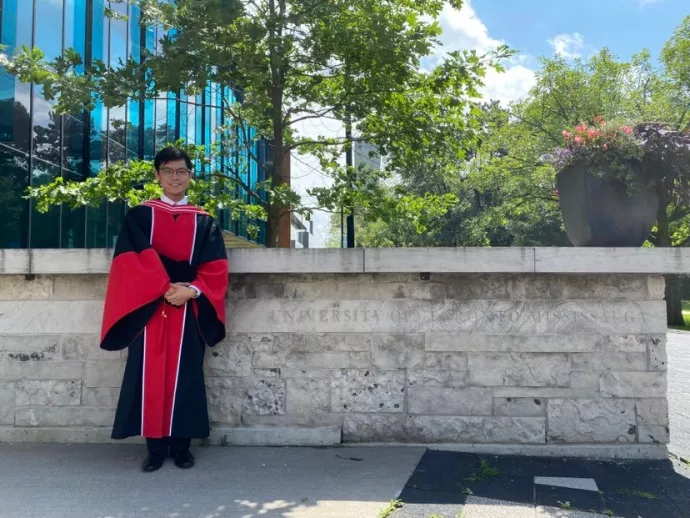
Dr. Arthur Cheng and his peers from Mary Cheng Lab published in International Journal of Molecular Sciences
Arthur Cheng, PhD and his colleagues from Cheng Lab, had their on SOX2 Regulates Neuronal Differentiation of the Suprachiasmatic Nucleus, published by International Journal of Molecular Sciences
https://doi.org/10.3390/ijms23010229
Circadian rhythms dictate most aspects of human physiology, from our sleep-wake cycles to cognitive functions. Conversely, their misalignment or disruption has been associated with diseases and disorders including obesity, diabetes, neuropsychiatric disorders, and cancers. As the master pacemaker, the suprachiasmatic nucleus (SCN) of the hypothalamus plays a pivotal role in orchestrating circadian rhythms, yet despite its importance, we lack a clear understanding of its development and differentiation. Here, by studying a GABAergic-specific knockout mouse model, we have discovered that the ablation of SOX2, better known for its role in embryonic and neural stem cell maintenance, impairs the differentiation of SCN neurons and the expression of major SCN neuropeptides. This finding is significant, as up until now, only one transcription factor, Lhx1, has been demonstrated to specifically regulate the differentiation of SCN clock neurons. Furthermore, the differentiation deficits arising from Sox2 ablation do not depend on Lhx1 or other transcriptional pathways that have been implicated in the embryonic development of the SCN. Surprisingly, SOX2 deficiency does not affect progenitor cell proliferation or SCN specification. Our findings reveal that SOX2 is a crucial regulator of SCN terminal differentiation and is therefore indispensable for the proper development of the central circadian clock.
